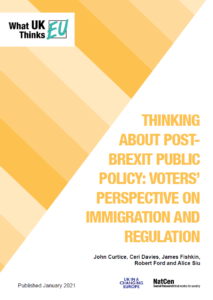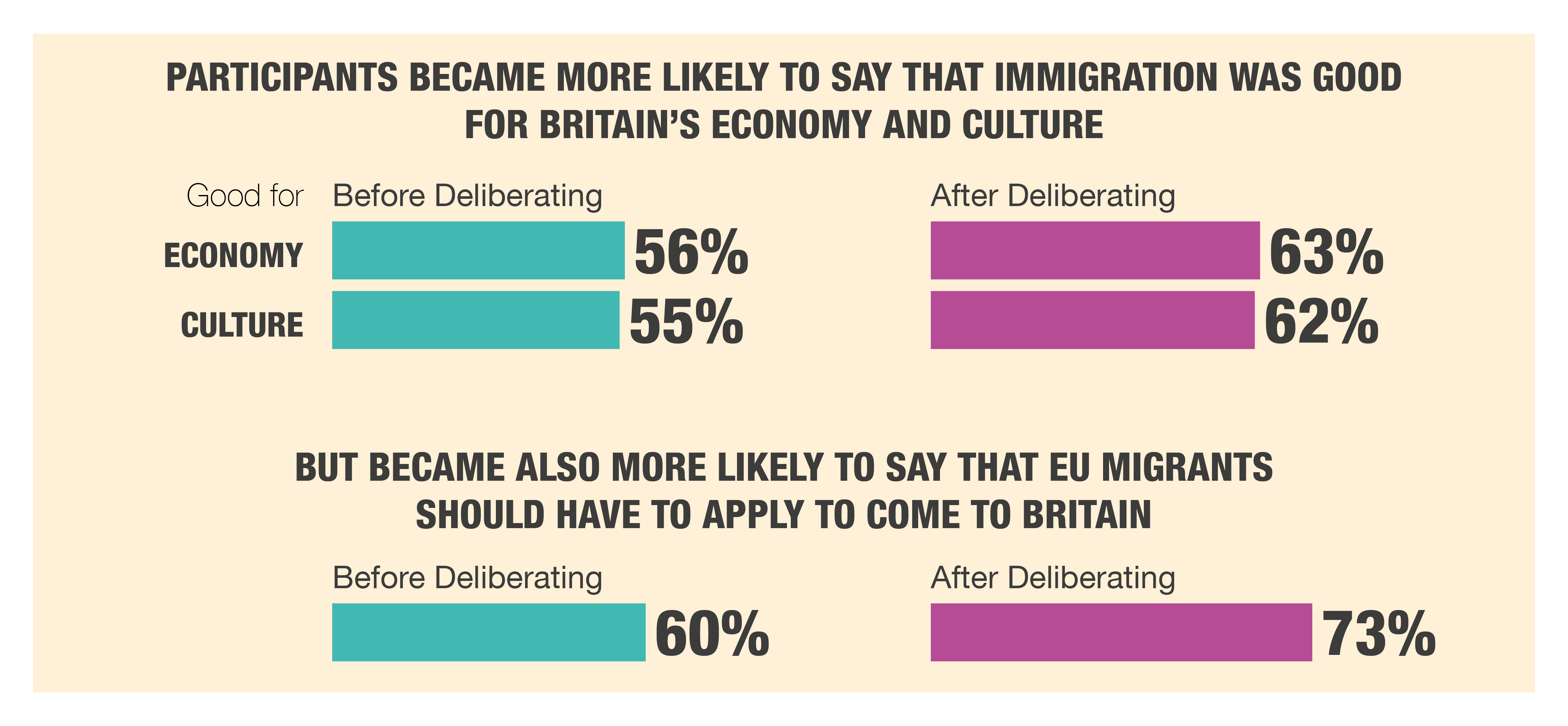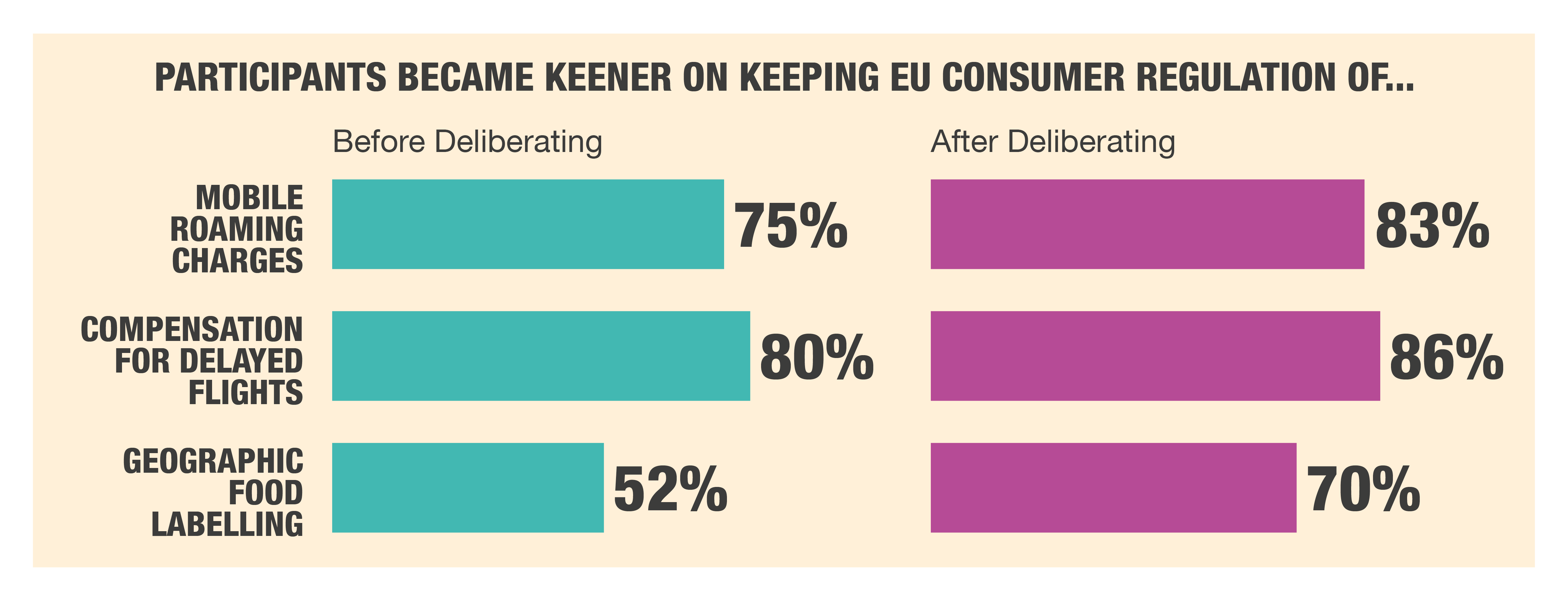 Now that the UK has left the EU single market and customs union, it has acquired responsibility for a range of policy areas that hitherto have lain wholly or in part within the competence of the EU. One of the key motivations for doing so, according to those who campaigned in favour of a Leave vote, was to ensure that all the laws that pertained in Britain were made in Britain by a government and parliament that were accountable to the citizens of Britain alone. The implication at least was that leaving would help ensure that post-Brexit public policy was better aligned with the wishes and preferences of the British public.
Now that the UK has left the EU single market and customs union, it has acquired responsibility for a range of policy areas that hitherto have lain wholly or in part within the competence of the EU. One of the key motivations for doing so, according to those who campaigned in favour of a Leave vote, was to ensure that all the laws that pertained in Britain were made in Britain by a government and parliament that were accountable to the citizens of Britain alone. The implication at least was that leaving would help ensure that post-Brexit public policy was better aligned with the wishes and preferences of the British public.
In this paper, we use data collected during three three deliberative polls on the subject of Britain’s post-Brexit public policy in respect of immigration, food policy and consumer regulation to present some initial findings on where the deliberation appears to have made a difference to people’s views and try to provide some insight into why this proved to be the case.
Key findings:


 Read the full report: Thinking about post-Brexit public policy: voters’ perspective on immigration and regulation
Read the full report: Thinking about post-Brexit public policy: voters’ perspective on immigration and regulation

